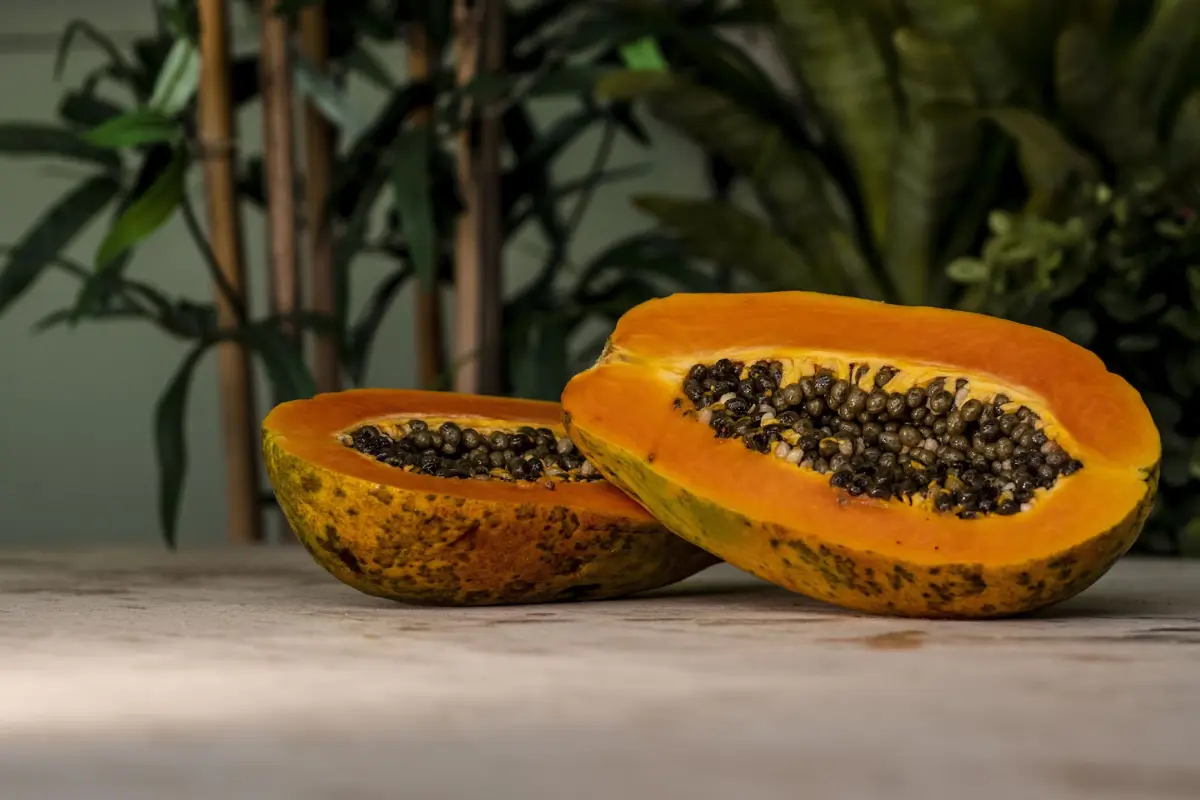In a world where fast food and processed meals increasingly dominate our diets, making a conscious decision to eat healthily can seem like a daunting task. However, the truth is that incorporating nutritious meals into our daily lives can be both simple and delightful. One of the easiest and most versatile ways to do this is by creating a wholesome healthy salad. The salad we are about to explore is not just any salad; it’s a vibrant bowl of nutrients, combining the crispness of lettuce, the protein-packed chickpeas, the sharpness of onions, the sweetness of tomatoes, the zest of spring onions, and the creamy richness of paneer. Seasoned with just a pinch of salt and a sprinkle of black pepper, this healthy salad is a celebration of flavors and health benefits.
The Ingredients: A Closer Look to Healthy Salad
Let’s delve deeper into the nutritional profiles of each of these ingredients and understand why they make such a fantastic combination for both your palate and your body.
Lettuce
Often underrated, lettuce is not just a leafy green with a crunch; it’s a source of essential nutrients. Primarily made of water, it’s incredibly hydrating and has a very low calorie count, making it perfect for weight management. It’s rich in vitamins A and K, which are vital for eye health and maintaining bone density, respectively. Furthermore, the presence of folate in lettuce plays a crucial role in DNA synthesis and repair, showcasing that this simple green leaf is more than just filler.
Chickpeas
The humble chickpea is a staple in diets around the world for good reason. Packed with protein, chickpeas offer a meaty texture and a nutty flavor, making them a favorite among vegetarians and meat-eaters alike. They are also loaded with dietary fiber, which promotes digestive health and aids in maintaining a healthy weight. Chickpeas are a good source of several key minerals, including iron, which is essential for transporting oxygen in the blood, and magnesium, which supports nerve and muscle function.
Cucumber
Cucumbers are a hydrating food, with a high water content that makes them incredibly refreshing. They offer vitamins K and C, potassium, and magnesium, contributing to hydration, skin health, and overall well-being. Their crisp texture complements the softer ingredients in the salad.
Onion
This pungent vegetable is a powerhouse of nutrition. Onions are rich in vitamin C, an antioxidant that supports the immune system, skin health, and wound healing. They also contain quercetin, an antioxidant that may reduce blood pressure and offer anti-inflammatory benefits. With their unique flavor profile, onions add depth and complexity to dishes without adding excessive calories.
Tomatoes
Tomatoes are a major source of lycopene, an antioxidant with a host of health benefits, including reducing the risk of heart disease and cancer. They are also rich in vitamin C, potassium, folate, and vitamin K. The combination of these nutrients makes tomatoes excellent for supporting heart health, skin health, and providing essential nutrients for overall wellness.
Spring Onion
Often used as a garnish, spring onions add more than just a splash of color to dishes. They are a good source of vitamins A, C, and K, and have been shown to support immune function, offer antioxidant properties, and aid in bone health. Their mild, yet distinct flavor enhances the overall taste of the salad.
Paneer
Paneer, or cottage cheese, is a fresh cheese known for its versatility and health benefits. High in protein and calcium, paneer is an excellent food for bone health, muscle function, and satiety. It also contains conjugated linoleic acid (CLA), a type of fat that has been linked to fat loss and improved body composition.
Iceberg Lettuce
Often overshadowed by its leafy green counterparts for its lower nutrient content, iceberg lettuce deserves a place in your salad bowl for several reasons. It’s incredibly crisp and refreshing, adding texture and volume to your salad without a significant calorie load. Iceberg lettuce contains potassium, which is essential for heart health, as well as small amounts of fiber, vitamin A, and vitamin K.
Lemon Juice
Lemons are rich in vitamin C, soluble fiber, and beneficial plant compounds, contributing to their numerous health advantages. Consuming lemons can assist in weight loss, lower the risk of heart disease, anemia, kidney stones, digestive problems, and cancer. Beyond their significant health benefits, lemons also offer a unique and enjoyable flavor and aroma, enhancing the taste of various foods and beverages.
Olive Oil
Olive oil is recognized for its health advantages, thanks to its rich content of healthy monounsaturated fats and antioxidants, along with its anti-inflammatory effects. The impact of dietary fat on health is a subject of debate. Nonetheless, there is a consensus among experts that olive oil, particularly extra virgin olive oil, is beneficial for health.
Crafting the Perfect Healthy Salad
Making this salad focuses on both the process and the ingredients. Begin by thoroughly washing and tearing the lettuce into smaller pieces for ease of eating and better dressing absorption. Uniformly dice cucumbers, tomatoes, onions, and spring onions, and chop the iceberg lettuce and cube the paneer for texture consistency.
For chickpeas, rinse canned ones to eliminate extra sodium or, for a fresher taste and more nutrients, soak and boil dried chickpeas instead.
Combine all ingredients in a large bowl, seasoning simply with salt and black pepper to highlight the natural tastes. Finish with a drizzle of olive oil or lemon juice for added flavor.
The Health Benefits: A Deep Dive
This nutritious salad offers a flavor-rich bite and health benefits, including improved digestion from chickpeas and onions, and boosted immune function from the vitamins in lettuce, tomatoes, and spring onions. Chickpeas and paneer provide protein for muscle repair, making it an ideal post-workout meal. Antioxidants in the ingredients help fight oxidative stress, lowering the risk of chronic diseases like heart disease, diabetes, and cancer. Additionally, paneer’s calcium and the vitamin K in lettuce and spring onions promote bone health, benefiting all ages.
Conclusion
Adding this salad to your diet offers a tasty way to get essential nutrients without sacrificing flavor, proving healthy eating can be enjoyable and simple. Its ingredients provide substantial health benefits and harmonious flavors, making it more than just a meal—it’s a celebration of nutritious eating. However, remember that variety and balance are crucial for a healthy diet. This salad contributes to a range of nutrients, but ensure you eat a diverse array of foods for overall vitamin and mineral intake. Enjoy it as part of a balanced diet for a healthier lifestyle.












